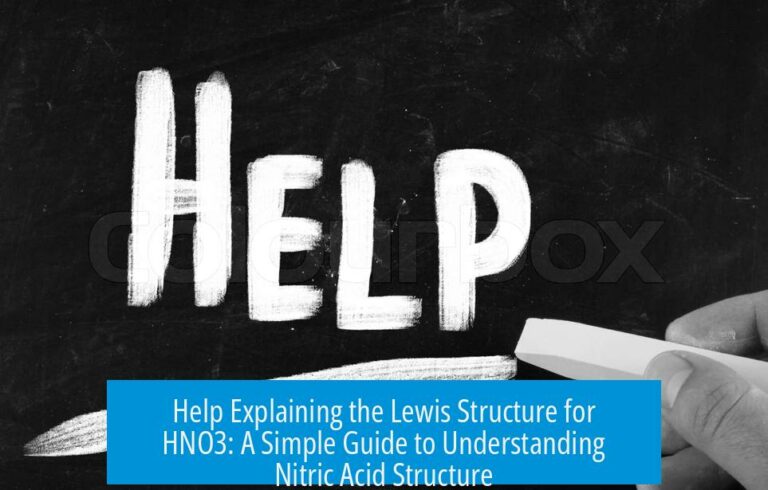Strategies That Help Students Struggling with Organic Chemistry
For those who struggle with organic chemistry, mastering core concepts, employing effective study techniques, and visualizing molecules are key methods that consistently lead to improvement.
Understanding Core Concepts and Fundamentals
Many students face difficulty because they lack a solid grasp of basic principles such as the octet rule, acidity trends, and electron movement. Mastering these areas early helps avoid compounded challenges throughout the course.
- Practice the octet rule and acidity trends repeatedly until confident.
- Focus on understanding how electrons move rather than memorizing reactions.
- Visualize electrons as pairs that can behave dynamically in chemical reactions.
Memorization without understanding usually leads to frustration. Internalizing the principles behind electron pushing allows for better manipulation and prediction of organic reactions.
Effective Study Techniques and Tools
Consistent, hands-on study methods improve retention and comprehension. Various approaches enhance learning outcomes:
| Technique | Description | Benefit |
|---|---|---|
| Note Cards | Create cards that focus on electron movement and reaction mechanisms rather than just reaction names. | Facilitates repetition and improves recognition of reaction patterns. |
| Handwriting Mechanisms | Rewrite reactions accompanied by arrow-pushing mechanisms and reaction conditions. | Reinforces understanding and memory of reaction pathways. |
| Repetitive Problem Solving | Practice multiple problems related to recent topics extensively. | Solidifies knowledge, especially with a 1:3 in-class to self-study ratio. |
| Custom Study Aids | Develop flow charts or “cheat sheets” summarizing synthesis routes or bond formation/breaking. | Provides quick reference and aids in connecting concepts. |
Conceptual Visualization and Engagement
Understanding organic chemistry also requires imagining molecules in three dimensions and conceptualizing bonds and reactions as interactive processes.
- Use molecular visualization tools like MolView to become familiar with 3D structures.
- Think of making and breaking chemical bonds as a set of rules in a game to simplify complex interactions.
- Explore advanced theories like VSEPR and molecular orbital theory to build a deeper conceptual framework.
- Incorporate multimedia resources and relatable examples from pop culture to increase engagement and understanding.
Personal Experience and Realistic Expectations
Learning organic chemistry is rarely immediate. Many students benefit from multiple passes over material across months or years. Persistence can reveal connections that were initially unclear.
Some acknowledge that organic chemistry demands a combination of discipline, motivation, and sometimes innate aptitude. Recognizing personal learning style and limits can guide tailored approaches.
Summary of Methods That Aid Students Struggling with Organic Chemistry
- Focus primarily on mastering the octet rule, acidity, and electron movement.
- Use note cards and write mechanisms by hand for active learning.
- Practice problems extensively; use a recommended 1:3 ratio of classroom to independent study.
- Visualize molecules in 3D and treat reactions like rule-based games.
- Create personalized reaction flow charts and cheat sheets.
- Leverage video tutorials, textbooks, and relatable media for diverse understanding.
- Allow time and multiple learning sessions to deepen comprehension.
- Accept that success may depend on personal motivation and cognitive style.
What foundational concepts should I focus on to improve in organic chemistry?
Master the octet rule, acidity trends, and how electrons move. Understanding these basics is key. Avoid trying to memorize everything; instead, make sure you truly get these core ideas.
How can note cards be used effectively for organic chemistry?
Use note cards to practice electron pushing and reactions. Create your own problems related to class material, and review them often. This helps with recognition and recall of mechanisms.
What study techniques help with mastering reaction mechanisms?
Rewrite mechanisms by hand including full arrow pushing and conditions. Repetition is important too. Going over problems multiple times helps solidify understanding.
How does visualizing molecules aid learning in organic chemistry?
Using 3D models or tools like MolView helps you see structures in three dimensions. Imagining how bonds break and form under rules makes concepts clearer and easier to remember.
Is persistence important when struggling with organic chemistry?
Yes. It often takes multiple attempts over time to grasp tough topics. Keep practicing and revisiting material. Success may come gradually with consistent effort.





Leave a Comment